When it comes to transporting vehicles, whether for business or personal use, car trailers play a pivotal role in ensuring safe and efficient transfers. Understanding the costs associated with purchasing a car trailer is crucial for potential buyers. In this article, we will delve into the key factors that influence the cost of car trailers, providing an exhaustive breakdown to help you make an informed decision.
Factors Influencing the Cost of Car Trailers
The cost of a car trailer can vary significantly based on several factors. Here are the most critical aspects that potential buyers should consider:
1. Trailer Type
Different types of car trailers come with unique features and price points:
| Trailer Type | Description | Price Range |
|---|---|---|
| Open Car Trailers | These are flatbed trailers designed for transporting vehicles without any cover. Ideal for short distances and usually the least expensive option. | $800 – $3,000 |
| Enclosed Car Trailers | These trailers provide protection against the elements and theft, making them ideal for long-distance transport. | $2,000 – $10,000 |
| Car Hauler Trailers | Specialized for transporting one or more vehicles, often featuring ramps and additional tie-down options. | $1,500 – $20,000 |
| Tilt Trailers | Equipped with a tilting bed, allowing for easy loading and unloading of vehicles. They are typically more expensive due to their enhanced functionality. | $2,500 – $8,000 |
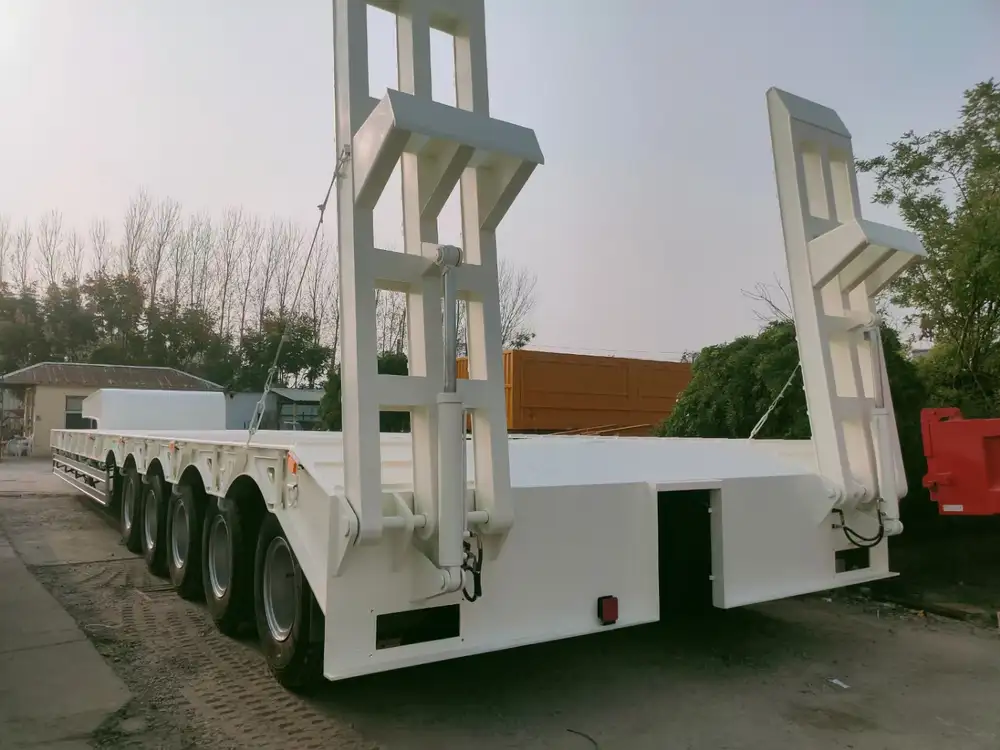
2. Size and Capacity
The size of the trailer directly influences its price. Larger trailers capable of carrying heavier vehicles or multiple vehicles will typically command higher prices. Consider the following:
- Single-vehicle Trailers: Suitable for standard cars, often more affordable.
- Multi-vehicle Trailers: Capable of transporting an entire fleet or multiple cars, these are usually more expensive.
3. Material Quality
The material from which the trailer is constructed can significantly affect its durability and price. Common materials include:
- Steel: Generally heavier and more durable, but can be prone to rust if not coated properly.
- Aluminum: Lightweight and resistant to corrosion, aluminum trailers tend to be pricier but offer longevity.
- Composite Materials: Emerging as a cost-effective and durable option, these trailers can be expensive but often provide excellent performance.
4. Features and Accessories
The inclusion of features such as:
- Braking Systems: Electric or hydraulic brakes can add to the cost.
- Storage Compartments: Integrated storage enhances functionality.
- Custom Paint and Branding: Personalized options and branding can increase the overall cost.
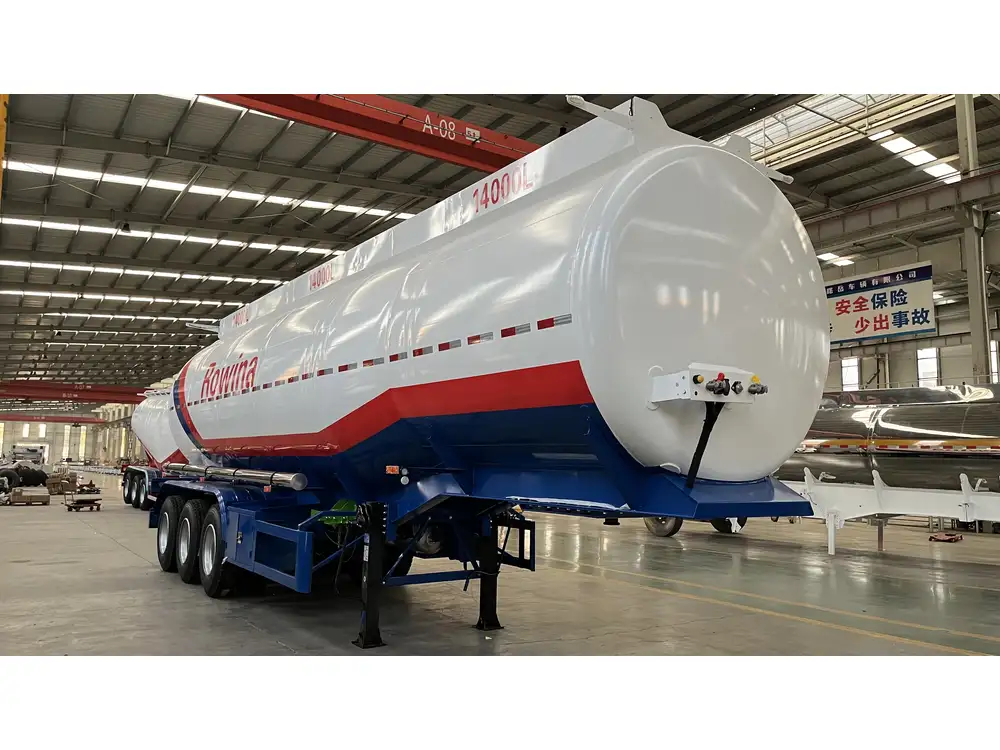
5. Brand and Model
Like cars, trailers come from various manufacturers. Well-known brands typically charge more due to a reputation for quality and reliability. Assessing warranty options can also impact purchase decisions.
Additional Expenses to Consider
When planning to purchase a car trailer, it’s essential to consider additional costs that can significantly increase your overall expenditure:
1. Registration and Licensing Fees
In many countries, car trailers require registration, and fees can vary based on trailer weight, type, and local regulations.

2. Insurance Costs
Insuring your trailer is an important consideration. Depending on your coverage choices, insurance premiums can range dramatically.
3. Maintenance and Repairs
Regular maintenance (such as tire rotations, brake checks, and hitch inspections) should be factored in, as these expenses can accumulate over time.
4. Towing Vehicle Upgrades
Ensure your towing vehicle can handle the added weight and size of a trailer; sometimes modifications or upgrades may be needed.
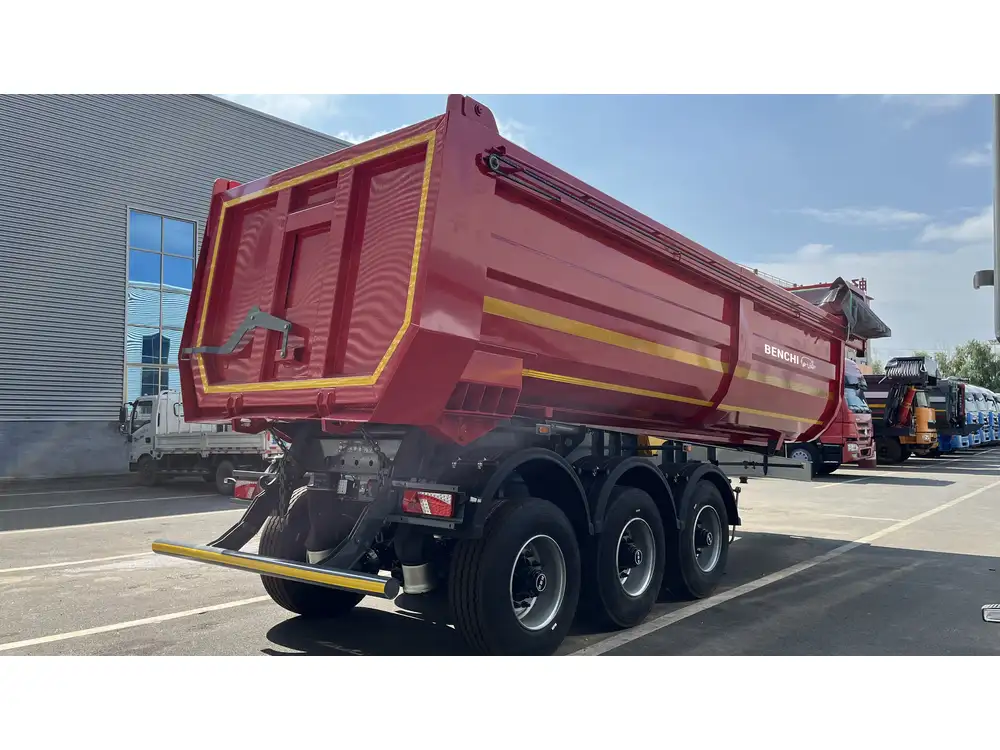
Buying New vs. Used Trailers
The decision to purchase a new or used car trailer can also affect overall costs significantly. Below is a comparative overview:
New Trailers
- Pros: Warranty availability, modern features, customizable options.
- Cons: Higher initial cost, potential depreciation right after purchase.
Used Trailers
- Pros: Often significantly cheaper, possibility of good deals if well maintained.
- Cons: Limited warranty protection, potential hidden issues, older designs may lack modern safety features.
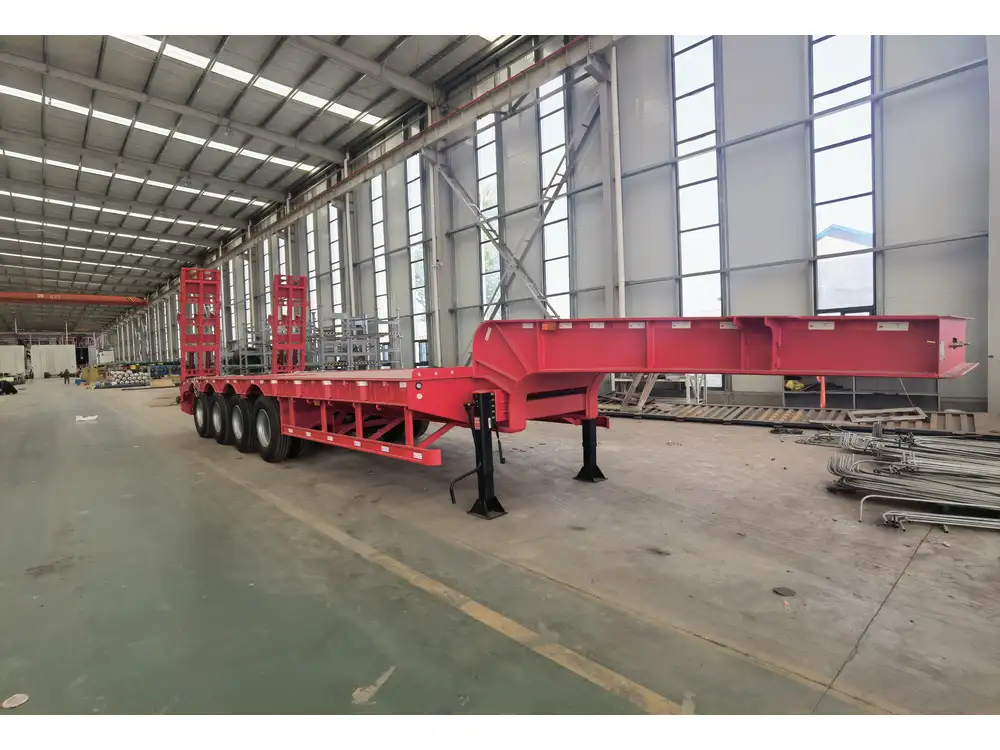
Cost Comparison Table: New vs. Used
| Type | Average Price Range | Pros | Cons |
|---|---|---|---|
| New | $2,000 – $10,000 | Warranty, Customization | Depreciation, Higher Price |
| Used | $800 – $7,000 | Lower Price | Wear and Tear, Limited Warranty |
Financing Options for Car Trailers
Purchasing a car trailer can require a significant investment. Here are some financing options to consider:
1. Personal Loans
You can source a personal loan from a bank or credit union. Shopping around can help secure a lower interest rate.

2. Dealer Financing
Many trailer dealerships offer financing options. This can sometimes be more convenient but watch out for higher interest rates.
3. Leasing Options
Leasing may be available for businesses looking to use trailers for a specific period, which can lower upfront costs significantly.
4. Credit Cards
Using a credit card for smaller purchases or down payments may be an option, though interest charges can accumulate quickly.
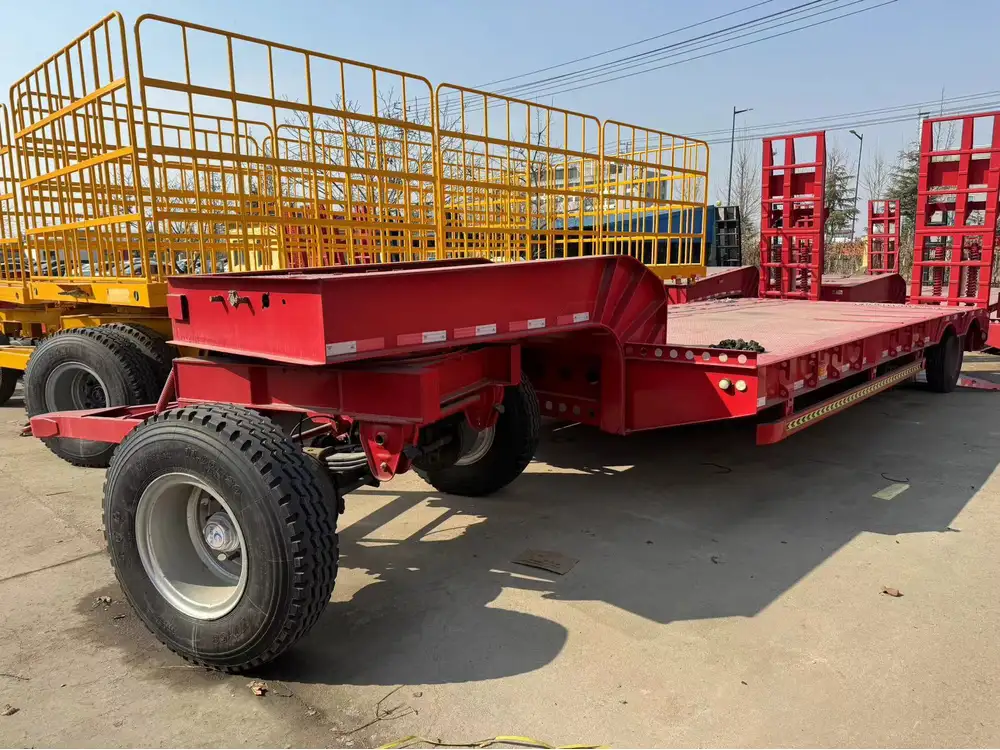
Dos and Don’ts of Car Trailer Buying
Do’s
- Research Thoroughly: Investigate different trailer types, features, and brands.
- Compare Prices: Check various dealerships and online platforms to find the best deals.
- Inspect the Trailer: If purchasing used, conduct a thorough inspection or hire a professional.
- Plan for Future Needs: Consider potential future needs when selecting the size and type of your trailer.
Don’ts
- Rush the Purchase: Take your time to understand all financial aspects and trailer types.
- Overlook Reviews: Neglecting user reviews and testimonials can lead to unexpected issues.
- Skip the Test Drive: If possible, always request a test drive to evaluate towing capabilities and trailer ease of use.
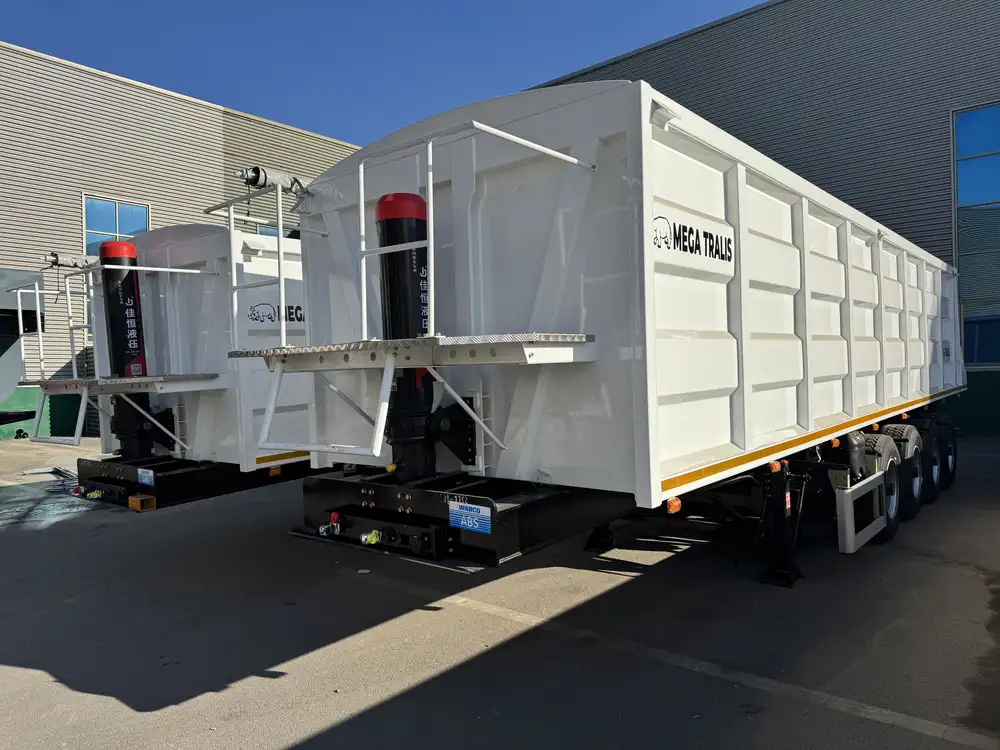
Frequently Asked Questions
How much should I budget for a car trailer?
The budget largely depends on trailer type, size, and features. A general budget could range from $800 for a basic open trailer to $10,000 or more for a high-end enclosed model.
Are there any hidden costs?
Absolutely! Don’t forget to factor in expenses related to registration, insurance, maintenance, and potential modifications to your towing vehicle.
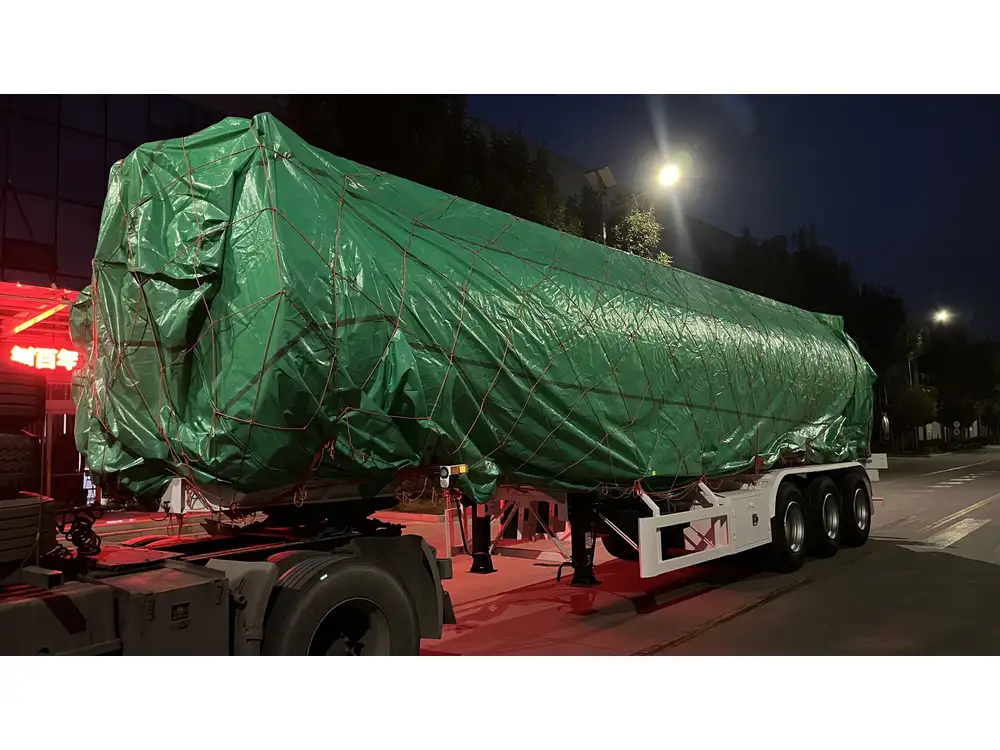
Can I finance a car trailer?
Yes, financing options are widely available, including personal loans, dealer financing, or leasing agreements depending on your needs.
What is the typical lifespan of a car trailer?
With proper maintenance, a well-constructed car trailer can last anywhere from 10 to 20 years, making the upfront investment worth it in the long run.
Conclusion
Acquiring a car trailer requires careful consideration of various influential factors: type, size, material, and overall features significantly determine costs. Furthermore, understanding the spectrum of associated expenses, including maintenance, insurance, and potential financing options, lays a solid foundation for a satisfactory purchase experience.
In navigating this journey, remember to conduct thorough research, compare different options, and consider both immediate and long-term financial implications. By doing so, you’ll be well on your way to securing the perfect trailer to meet your needs, ultimately saving you time and money in the process.
Equip yourself with this knowledge, and embark on your journey of purchasing a car trailer with confidence. Whether for personal use, business, or leisure activities, owning a trailer can significantly enhance your operational capacity and transport convenience.



